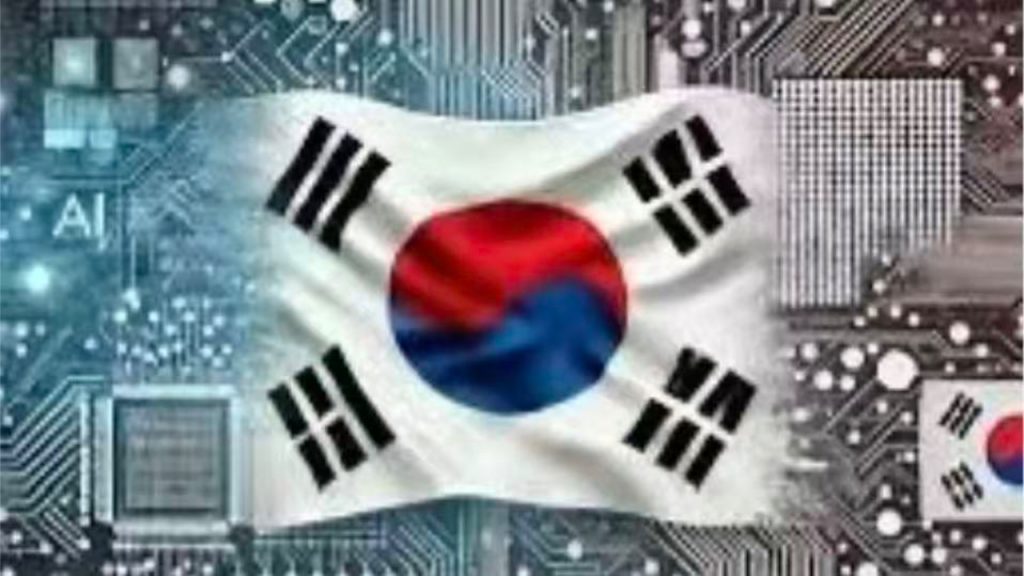- The National AI Strategy Committee, chaired by President Lee, is tasked with coordinating AI policy across government and industry to achieve global top-3 status.
- The initiative is part of a broader push involving massive private investment, regulatory reform, and infrastructure expansion to enhance competitiveness in AI and semiconductors.
What happened: Seoul Unveils National AI Strategy Committee to drive global Leadership
According to BTW Media, on 8 September 2025, President Lee Jae-Myung officially launched the National Artificial Intelligence Strategy Committee during a ceremony in Seoul. The committee is a presidential steering body intended to marshal government policy, private sector action, and regulatory reform under a unified framework aimed at making South Korea one of the top three AI powers worldwide.
The committee will guide strategic investment in AI infrastructure (notably AI computing resources), strengthen public-private partnerships, support AI talent development, and overhaul regulations to better align with the fast-evolving AI sector. Moreover, the government has already signalled major financial support through policy measures and incentives to encourage private sector investment.
Also read: South Korea plans world’s largest AI data hub
Also read: SK Telecom unveils South Korea’s largest GPU cluster for AI
Why it’s important
South Korea is facing multiple strategic pressures: slowing economic growth, global competition in technology, and the urgent need to maintain or regain its edge in semiconductors, AI, and future innovation sectors. Becoming a top-3 AI power is not just prestige — it is seen as essential for national competitiveness and economic resilience.
The creation of this committee signals that AI is being treated as a linchpin of national policy, not just a sectoral issue. By aligning regulation, investment, talent, and infrastructure, South Korea hopes to avoid fragmented efforts and instead build scale and coherence. If successful, this could help it close the gap with AI leaders such as the US and China. It could also set Korea up to shape international norms around AI safety and governance.
On the flip side, the challenge is large: scaling up infrastructure (computing power, data centres, domestic semiconductor capacity), attracting/retaining talent, and ensuring that regulation keeps pace without stifling innovation will be difficult. The global AI race is intensifying — Korea must move at speed.

